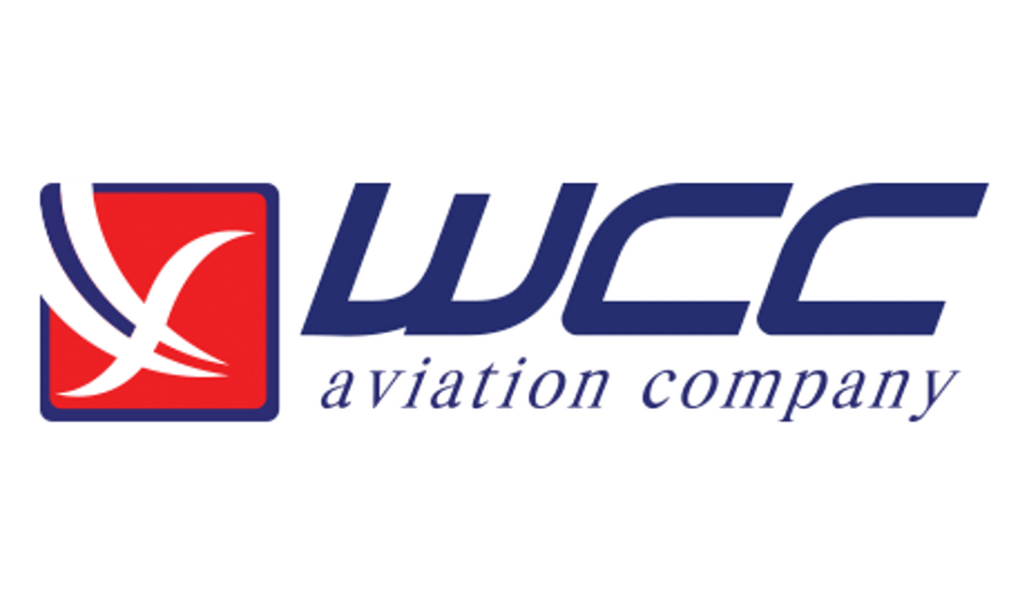With lucrative growth prospects continuously looking up for the global aviation community, how can the Philippine aviation industry today be part of the growth opportunities now and in the future?
According to aviation expert Dr. Avelino L. Zapanta, for the Philippines to leverage itself as one of Asia’s next aviation powerhouses and for related businesses to prosper, government and industry players must align their thrusts and work collaboratively to take advantage of these impending developments.
Zapanta’s sterling reputation is from his almost 50 years of leadership experience and knowledge in the field of aviation. From a rank-and-file position as a cargo clerk in Philippine Airlines in 1966, Zapanta gradually went up the ladders occupying various leadership roles before becoming President and CEO of the country’s flagship carrier from 1999-2004.
In 2006, Zapanta joined Southeast Asian Airlines (SEAIR) and was instrumental to the expansion of its operations from an all turbo prop airline flying domestic routes to a regional airline operating Airbus 320s.
Zapanta recalled how local aviation has evolved dynamically and survived economic challenges throughout the years. “I’m happy with the state of commercial aviation in the country today, it is very healthy. Since the fuel crisis of 2008 where a lot of airlines really suffered, our carriers on the other hand were continuing to grow. New players entered the picture, and there were mergers and acquisitions, as well,” he said.
Zapanta cited the fuel price decline in 2015 to 2016 as a big help to carriers as fuel comprises the biggest operating expense for airline operators. “However, we don’t know if this will last as there are indications that fuel producers will once again begin their practice of closing and opening valves of fuel supply in order to play with fuel price. The last two years have been steady, this is the third year that we are enjoying good fuel price,” he revealed.
“When fuel prices went down at that time, operating costs went substantially low to almost 20% and airline passengers and even private motorists are enjoying relatively cheaper fuel,” he said, adding that this resulted to “our carriers expanding.”
“PAL and Cebu Pacific have aircraft orders. For the former it is opening up more points to Europe, specifically London, then Amsterdam, Paris and Rome. For Cebu Pacific with their A350 being a long-haul aircraft, may be they have plans to open more regional points, may be they will fly in the mainland US as well as it is already operating in Guam. And that’s good news to the airline riding public,” Zapanta noted.
Zapanta also pointed out the behavior of economy as an influencing factor. “When the economy is down, passenger traffic is also down. When it is up, so is the airline industry,” he said.
“In terms of manpower, sad to say we still have shortage of mission-critical skills. These skills are so important that the airline can’t operate without them, you have to have the pilots and the mechanics basically. We have a shortage because they are being pirated by foreign airlines and big MROs,” he cited.
With the anticipated increase in passenger traffic and the predicted expansion by many airlines, the time is indeed ripe for training many highly qualified Filipino aviation personnel.
To ensure that the country has adequate supply of well-trained aviation people to meet the boom, WCC Aeronautical and Technological College is leading the way in offering courses that help aspirants get ahead in the industry.
“This is the main reason why we see the expansion of aeronautical schools in the country, which is good to go about training qualified people. And the WCC is at the forefront of making these happen,” Zapanta added.
World-class education
In his new career as Head and Lead Professor of WCC School of Aviation Business at the WCC Aeronautical and Technological College in Binalonan, Pangasinan, Zapanta’s goal is to inspire and share his experience to the next generation of aviation professionals. Zapanta will be responsible for developing and conceptualizing the contents of the new subjects that will be offered in the new courses that WCC President and CEO Ramon V. Guico III has planned for the WCC Center for Aviation Business. The Center, in essence aims to educate students how to organize the airline industry.
Zapanta said he is focusing on the commercial, business and management aspects of the Center.
“A business aviation degree program provides students with a well-rounded business foundation exploring all facets of business administration and management like economics, aeropolitics, accounting, marketing, finance, human resources management and valuable global business strategies,” he said.
For aspiring aviation students to successfully thrive, Zapanta stresses the importance of having quality education – one that involves industry-standard competence training and holistic character transformation. Apart from web-based modern teaching tools, also integral to the teaching process is the dynamic relationship between learner and instructor.
Under his expertise and academic guidance, Guico believes Zapanta will further boost WCC’s role as an institution that molds highly competent aviation leaders of the future. “We are pleased to have Dr. Zapanta in WCC. With him onboard we are confident that WCC can achieve its ultimate goal of producing high-caliber aviation professionals that will help propel the local industry into greater global heights,” he commented.
“We must look at every possible angle, every advantage, to succeed. If we can get things right for the local aviation industry now, we can expect sustainable growth and brighter future prospects for the entire country ahead,” Guico concluded.
For more info, visit www.wccaviation.com or e-mail: [email protected]. You may also contact the WCC-ATC campuses located in Binalonan, Pangasinan (075) 562 6007 or mobile 0908 887 0947 and North Manila in Caloocan City (02) 367-9110 or mobile: 0917-8204704.
